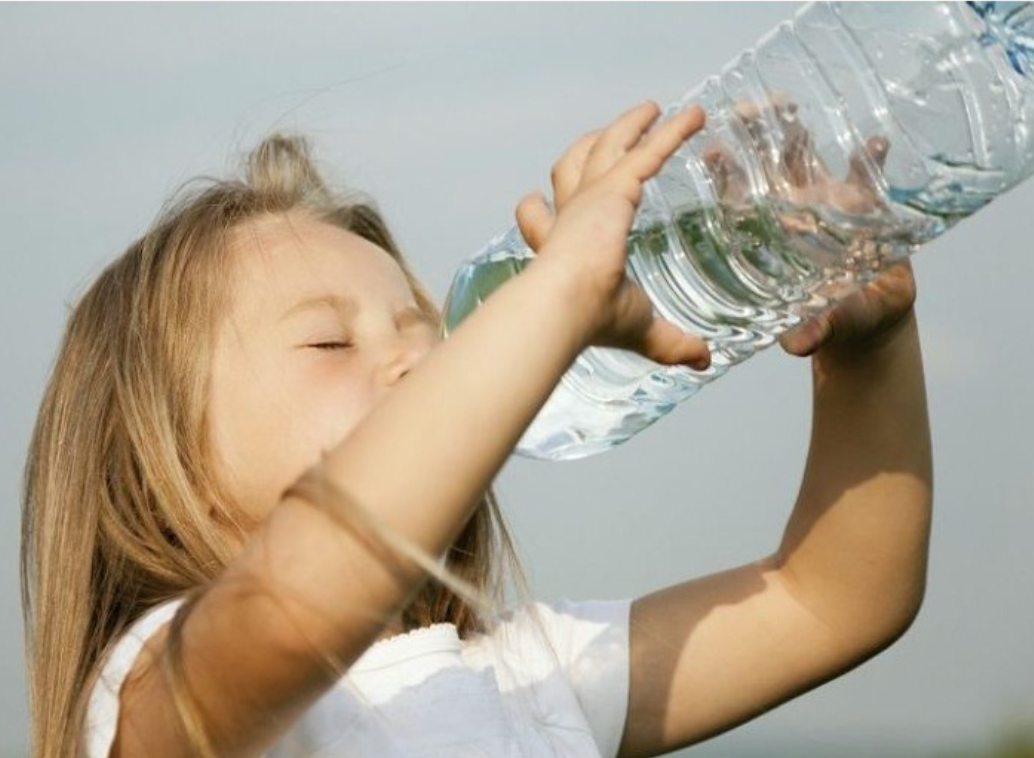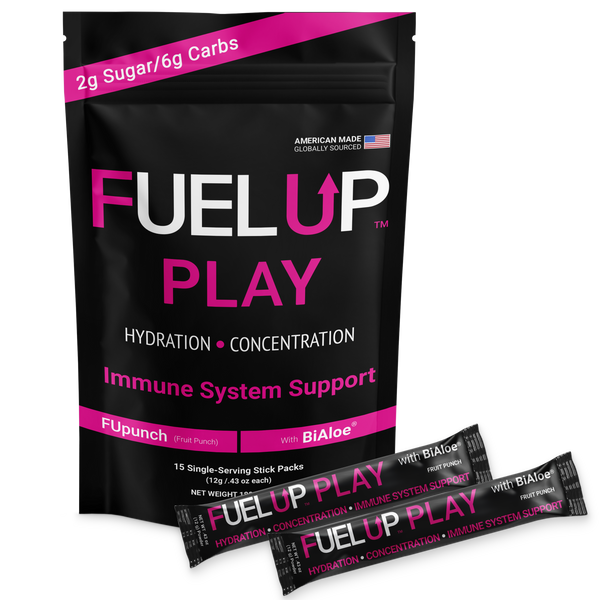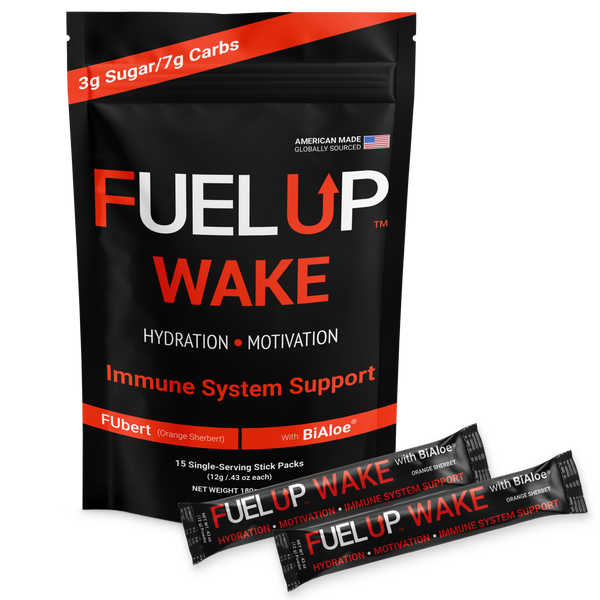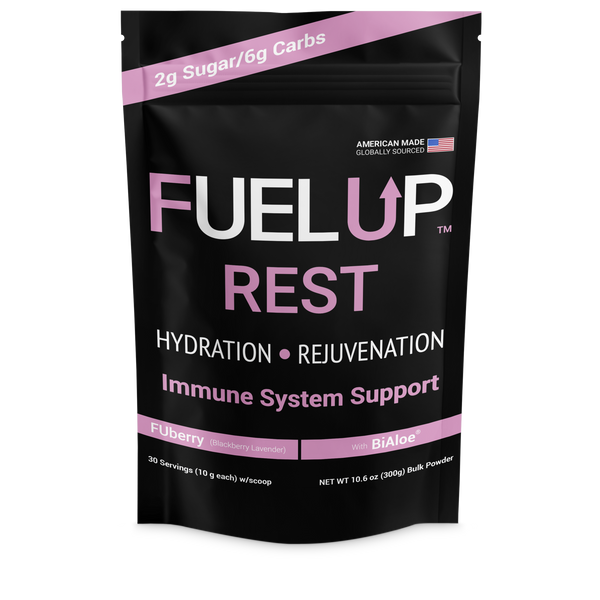Introduction: Clearing Up the Confusion
Walk down any wellness aisle and you’ll find hydration drinks, multivitamins, electrolyte powders, and labels that promise better energy and recovery. Ever wondered—what’s the actual difference between electrolytes and vitamins? While both are essential for health, hydration, and performance, their roles in your body are very distinct. Let’s demystify these powerful nutrients so you can make informed choices as you pursue your healthiest, most active life.
Understanding Electrolytes: The Body’s Hydration Commanders
Electrolytes are minerals—like sodium, potassium, magnesium, and calcium—that carry an electrical charge. Their main job? Maintaining fluid balance, supporting muscle contractions, and enabling nerve signals. Whenever you sweat, especially during exercise, you lose electrolytes (not just water), which can impact your stamina and recovery.
Quick Facts:
-
Common Electrolytes: Sodium, potassium, chloride, magnesium, calcium
-
Core Function: Regulate fluid balance, nerve impulses, and muscle function
-
Sources: Coconut water, bananas, leafy greens, dairy, electrolyte supplements
Why Active People Need Them:
If you exercise intensely, spend time in hot climates, or follow a low-carb diet, your electrolyte needs may be higher than average. Without enough electrolytes, dehydration symptoms—fatigue, muscle cramps, headaches—can hit harder and slow your recovery.
Vitamins: The Wellness Support Crew
Vitamins, on the other hand, are organic compounds your body needs in small amounts to support everyday health. They’re key players in immune function, metabolism, and cellular repair—but don’t directly regulate fluid levels or electrical activity like electrolytes do.
Quick Facts:
-
Common Vitamins: Vitamin C, D, B-complex, E, A, K
-
Core Function: Support metabolism, immunity, energy production, tissue repair
-
Sources: Fruits, vegetables, whole grains, fish, dairy, fortified foods
For Performance & Recovery:
Vitamins such as B-complex (energy) and C & E (antioxidant support) are crucial for active people. They help fight oxidative stress, rebuild tissue after exercise, and facilitate energy conversion from food.
The Key Differences—And Why Mixing Up Their Roles Can Hurt Your Goals
|
Electrolytes |
Vitamins |
|
Minerals with a charge |
Organic compounds |
|
Regulate hydration |
Support metabolism |
|
Essential for nerves |
Essential for immunity |
|
Lost through sweat |
Consumed in diet |
Relying only on water or vitamins to recover after a workout can leave you depleted if you’re not replacing lost electrolytes. Conversely, overdoing electrolyte supplements without dietary balance can sometimes lead to imbalances (especially sodium and potassium).
Everyday Wellness: Smart Strategies for Balance
-
For better hydration: After activity, replenish with both fluids and electrolytes—think fruit, vegetables, and, if needed, targeted supplements.
-
For overall health: Prioritize a varied diet to meet both vitamin and mineral needs. Check for signs of deficiency (fatigue, muscle cramps, immune dips) and adjust your intake.
-
Check the label: Whether you choose sports drinks or multivitamins, look for transparent ingredient lists, tested formulas, and appropriate serving sizes. More isn’t always better!
Subtle Solutions for Modern Lives
As research and consumer demand grow, a new generation of hydration products blends essential electrolytes with sensible vitamin doses—all with clear labeling and compliance in mind. This simplifies recovery and everyday wellness, while avoiding the risks of over-supplementation and untested ingredients.
While the fundamentals start with whole foods, many people—especially those with busy routines—benefit from thoughtful, science-based hydration options.





